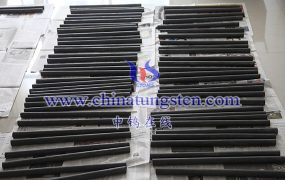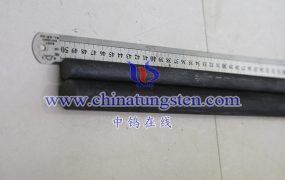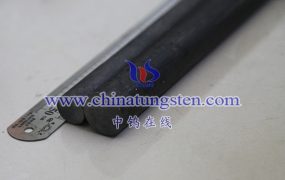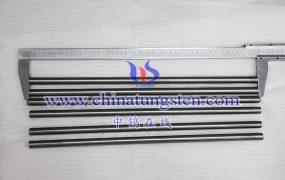The chemical composition of TZM alloy rod has an important influence on its performance. The chemical composition determines the microstructure, phase transformation behavior and properties of the alloy. The following are some effects of chemical composition on the properties of TZM alloy rods:
Molybdenum content: Molybdenum is one of the main components of TZM alloy, and its content will also affect the properties of the alloy. Increasing the molybdenum content can improve the strength, ductility and corrosion resistance of the alloy. Higher molybdenum content can also reduce the thermal expansion coefficient of the alloy and improve its thermal stability.
Titanium content: The addition of titanium can improve the high temperature oxidation resistance and corrosion resistance of TZM alloys. Titanium can react with oxygen to form a stable titanium oxide layer, which provides some oxidation protection. Proper addition of titanium can improve the oxidation resistance and corrosion resistance of the alloy.
Impurity elements: In addition to the main components, TZM alloys may also contain a small amount of impurity elements, such as iron and nickel. The content of these impurity elements will also have a certain impact on the properties of the alloy. For example, high iron content may reduce the ductility and toughness of the alloy.
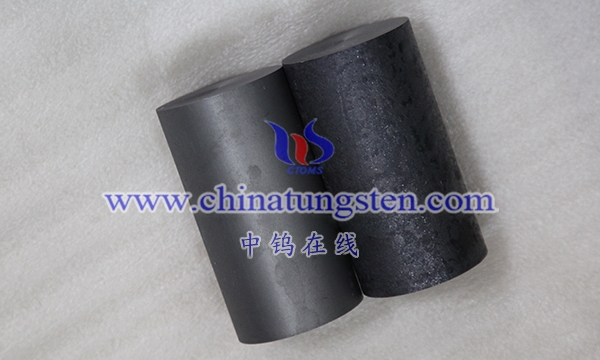
More details of molybdenum or molybdenum alloy products, please visit website: http://molybdenum-alloy.com/index.html
Please contact CHINATUNGSTEN for inquiry and order of molybdenum alloy products:
Email: sales@chinatungsten.com
Tel.: +86 592 5129595


